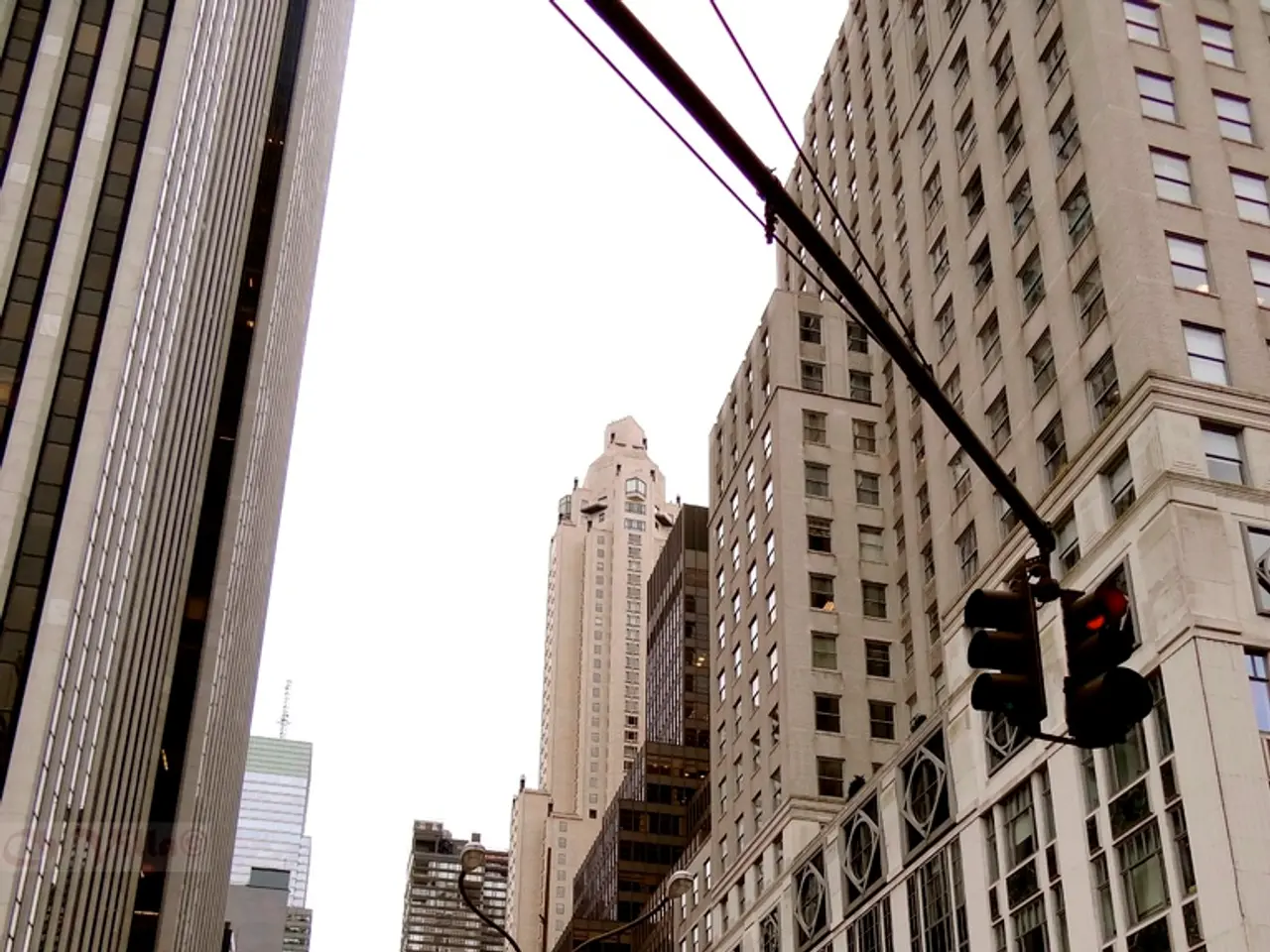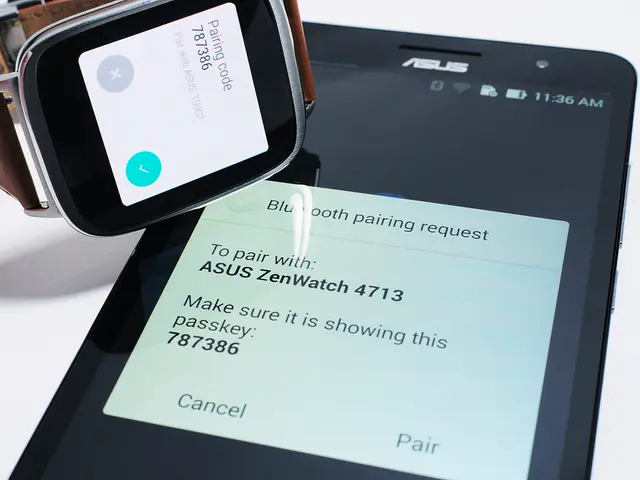Local authorities and their strategies for providing Wi-Fi access in public transportation systems - Local governments employ Wi-Fi networks in their public transportation systems
In the Free State of Bavaria, several cities have implemented various strategies for providing public Wi-Fi in public transport. One notable exception is Munich, which has chosen a different approach, focusing on mobile network expansion rather than public Wi-Fi.
In 2021, the city council of Munich decided to prioritize mobile network expansion over public Wi-Fi in public transport. This decision was made in response to the increasing availability of mobile networks and the desire to improve overall connectivity. As a result, there is currently no comprehensive public Wi-Fi offer in Munich's public transport system.
On the other hand, cities like Würzburg and Nuremberg have made significant strides in providing public Wi-Fi in public transport. Würzburg, for instance, has seen a more than doubling of access to these hotspots since their introduction in 2015. The city has Wi-Fi on 30 buses and 17 trams, as well as 17 locations with hotspots where internet access is free for everyone. Nuremberg, on the other hand, provides near-area-wide Wi-Fi in its public transport, with public Wi-Fi almost completely equipped in the city's public transport system.
Regensburg offers Wi-Fi at around stops and 24 buses, but it is part of a project and not a comprehensive offer like in Würzburg or Nuremberg. The city's offer, known as "Bayern-Wi-Fi," has no plans to expand, and unlike Würzburg and Nuremberg, there are no plans to continue expanding the Wi-Fi offer in Regensburg's public transport.
Interestingly, Augsburg discontinued its public Wi-Fi in public transportation due to declining demand and increasing network availability from mobile providers. However, the city maintains Bayern-Wi-Fi at some stops.
The public Wi-Fi offer in Nuremberg's public transport is considered to have a high relevance and is also seen as a way to bind customers in the long term. The demand for public Wi-Fi in Nuremberg's public transport is particularly good, especially among young people.
In summary, while Munich has chosen a different approach to public Wi-Fi in public transport, focusing on mobile network expansion, several Bavarian cities, such as Würzburg, Nuremberg, and Regensburg (albeit with varying degrees of coverage and expansion plans), offer public Wi-Fi in public transport. These offerings are often integrated with the statewide Bayern-WLAN network, which provides over 50,000 free public hotspots statewide.




